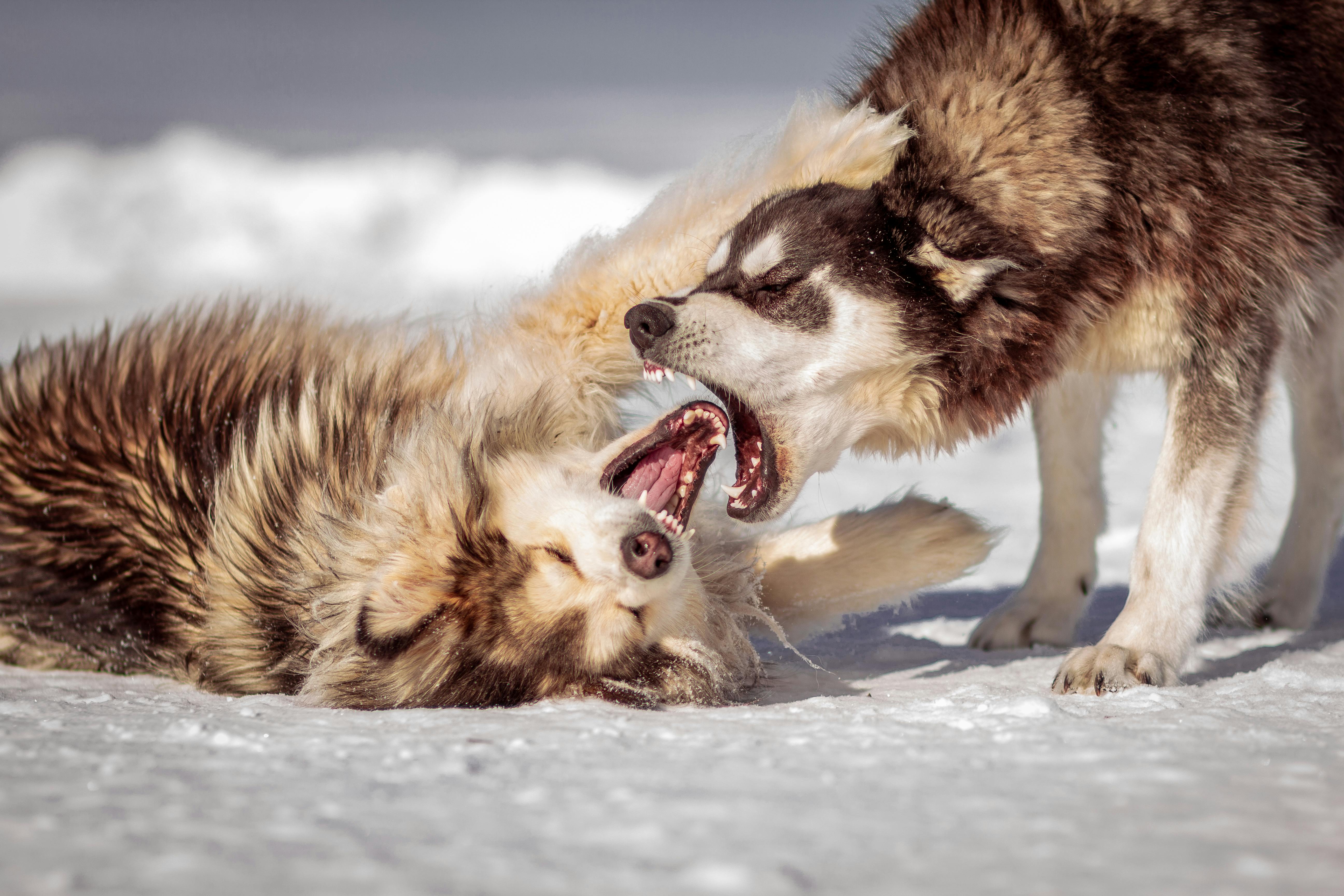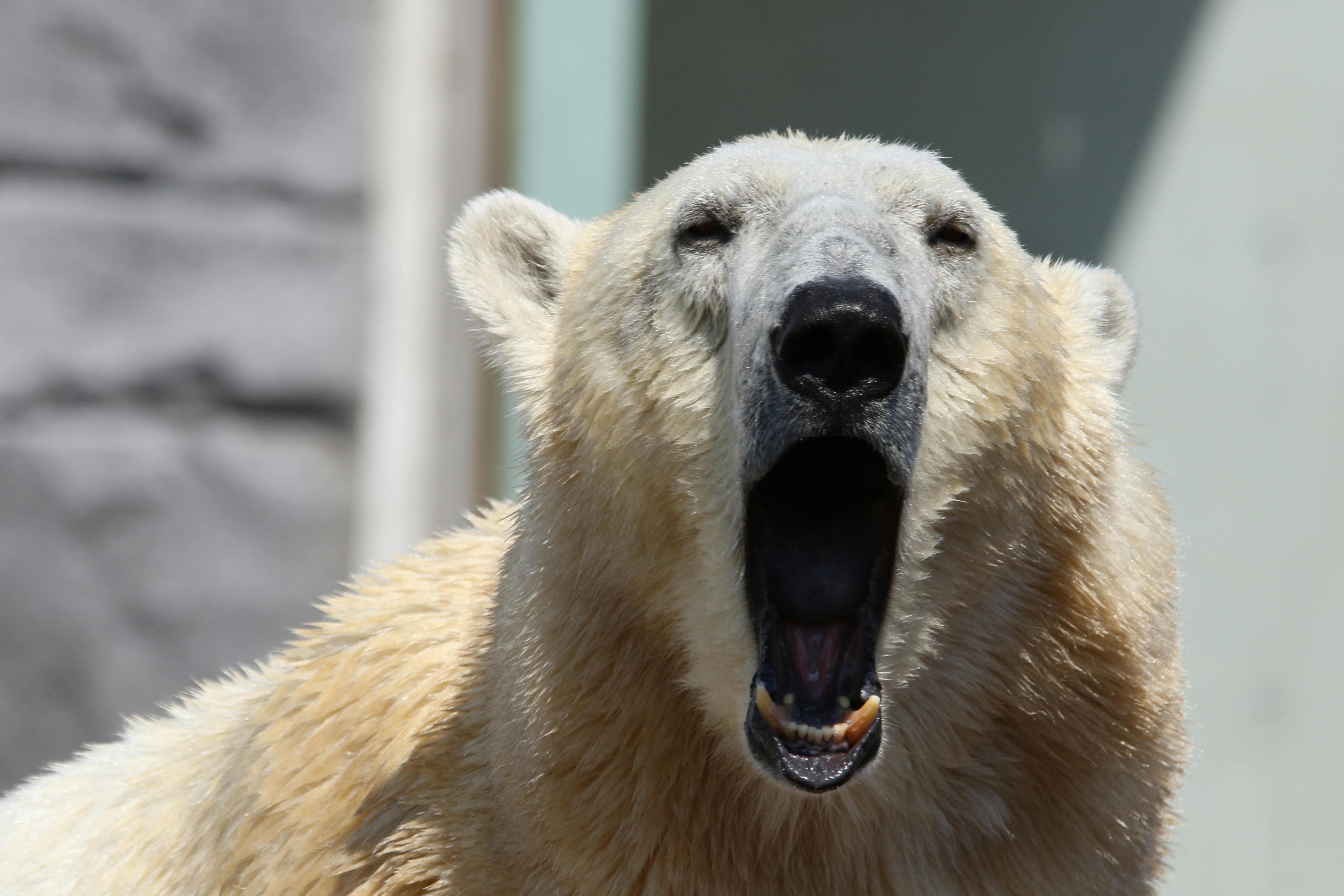How Does Teeth Chattering Help You Stay Warm?
Teeth chattering is a common reflex action that we all experience in cold weather. It is the body’s way of producing heat in order to keep us warm. When we are exposed to cold temperatures, our muscles contract and relax in quick succession, causing our teeth to chatter. This causes friction between the teeth and generates heat, which helps to keep us warm.
The process of tooth chattering is known as shivering thermogenesis. This process is thought to have evolved over time as a defense mechanism against cold temperatures. It is believed that shivering thermogenesis helps the body generate enough heat to maintain its core temperature and prevent hypothermia.
Although tooth chattering may be uncomfortable, it is an effective way for the body to stay warm in cold weather. By activating this response, our bodies are able to maintain their internal temperature and protect us from hypothermia or frostbite. Tooth chattering also helps conserve energy by generating heat without expending too much energy.
All in all, tooth chattering can be an effective way for the body to stay warm when exposed to cold temperatures. Although it may be uncomfortable at times, it is an important defense mechanism that can help protect us from hypothermia or frostbite in extreme situations.
Cold and Teeth Chattering
When you’re cold, your body will respond in different ways to try to raise your internal temperature. One of the most common physical responses to feeling cold is teeth chattering. Teeth chattering occurs when the muscles of the jaw rapidly contract and relax, causing the teeth to clatter together. This response is driven by the autonomic nervous system, which is responsible for controlling involuntary body functions such as heart rate and breathing.
The autonomic nervous system triggers teeth chattering in an attempt to generate heat by increasing muscle activity, which produces heat as a by-product. The increased muscular activity also causes shivering, which is another way that your body attempts to increase its internal temperature when feeling cold.
While teeth chattering may be uncomfortable and sometimes embarrassing, it’s important to remember that it’s a natural physical response that helps protect your body from hypothermia. So if you ever find yourself feeling cold and your teeth start chattering, don’t worry—it’s just your body’s way of keeping you warm!
Why Is Teeth Chattering More Common in Cold Weather?
Teeth chattering is a common response to cold weather, and there are several reasons why this occurs. The most obvious reason is that when the temperature drops, our body’s natural reaction is to try and maintain a constant temperature. When the body senses cold temperatures, it will begin to shiver or tremble in order to generate heat. This is the same mechanism that causes teeth chattering.
Another reason teeth chattering can occur in cold weather is due to a decrease in blood flow. When temperatures drop, the body naturally constricts blood vessels in order to conserve heat. This decrease in circulation can cause muscle spasms, which can lead to teeth chattering.
Finally, teeth chattering can be caused by psychological factors, such as fear or anxiety. In some cases, people may find themselves feeling scared or anxious when exposed to cold weather and this can result in involuntary trembling of the muscles, including those around the jaw which cause teeth chattering.
Overall, there are several reasons why teeth chattering is more common in cold weather. From a physiological response of trying to generate heat by shivering to decreased circulation and psychological factors like anxiety or fear, all of these things can contribute to teeth chattering when temperatures drop.

Teeth Chattering and Body Temperature
Teeth chattering, also known as shivering, is a common response to cold weather and is the body’s way of helping to regulate its temperature. It occurs when a person’s body temperature drops below normal and the brain sends signals to the muscles to contract rapidly in an effort to generate heat. By creating vibrations, these muscle contractions generate heat which helps maintain a balanced body temperature.
The process of teeth chattering is known as non-shivering thermogenesis (NST). This type of thermogenesis is used by hibernating animals, such as bears, to maintain their body temperature during long periods of sleep. It also occurs in humans during short periods of extreme cold or when exposed to cold water.
When teeth chattering begins, it can be quite uncomfortable and may cause some discomfort. However, it is a natural response that helps the body stay warm and can help prevent hypothermia if you are stuck out in cold temperatures for an extended period of time. Additionally, this reflexive response can help conserve energy as your body does not need to work as hard to stay warm.
Although teeth chattering can be uncomfortable and embarrassing at times, it is important to remember that it is a natural response that helps keep our bodies regulated in cold weather conditions.
Can Teeth Chattering Cause Damage to Your Teeth or Jaw?
Teeth chattering, or bruxism, can cause significant damage to your teeth and jaw over time. It occurs when you clench or grind your teeth together involuntarily, usually while you are asleep. Bruxism can cause excessive wear on the enamel of your teeth and damage the jaw joint, leading to pain or discomfort. It is important to consult with a dentist if you are experiencing symptoms of bruxism to determine the best course of treatment.
The most common symptom of bruxism is a grinding or clenching of the teeth that can be heard at night or during times of stress. Grinding and clenching can lead to worn down enamel on your teeth as well as cracked teeth and dental restorations such as crowns and fillings. Additionally, bruxism can cause headaches, facial pain, earaches, and neck pain due to the intense pressure placed on the jaw joint.
If left untreated, bruxism can lead to more serious complications such as TMJ (temporomandibular joint) disorders which involve pain in the jaw joint that can be triggered by chewing or speaking. If you are experiencing any of these symptoms, it is important to seek out professional help from a dentist for proper diagnosis and treatment.
Treatment for bruxism can involve lifestyle changes such as managing stress levels through relaxation techniques like yoga or meditation; quitting smoking; avoiding excessive caffeine intake; avoiding hard foods; and wearing a custom-fitted mouthguard while sleeping to protect your teeth from grinding against each other. In more severe cases, medications may be prescribed by a doctor in order to relax the muscles of the jaw during sleep.
By consulting with a dentist if you are experiencing symptoms of bruxism and taking proactive steps for treatment, you can help protect yourself from further dental damage caused by this condition.
Cover Up
One of the most effective ways to stop teeth chattering when you are cold is to cover up. Wear extra layers of clothing, including a hat, scarf, gloves and a coat. Wear warm socks and boots if you plan on being outside for an extended period of time. Make sure the clothing you wear is loose fitting and not too tight, as this will help keep your body heat in. If you are stuck outside without a coat or other warm gear, try wrapping yourself in a blanket or large towel to help keep your body temperature regulated.
Keep Active
Staying active is another effective way to stop teeth chattering when you are cold. Exercise increases your body heat and helps keep your core temperature regulated. When it is especially cold out, try doing some jumping jacks or running in place for a few minutes before going outside. Doing some light stretching can also help warm up your body before venturing out into the cold.
Change Location
If you find yourself stuck outside in the cold trying to stop teeth chattering, one of the most effective solutions may be to change locations. Moving indoors or finding a sheltered area such as a porch can help reduce the amount of chill in the air that is making your teeth chatter. If moving inside isn’t an option, try covering up with blankets or towels and find an area that has some wind blockage from trees or buildings nearby.
Stay Hydrated
Staying hydrated by drinking plenty of fluids can also help reduce teeth chattering from being too cold. Drinking warm fluids such as tea or hot cocoa can help raise your body temperature and make it easier to stay warm. Be sure not to drink anything with caffeine though, as this can actually make it harder for your body to stay warm.
Take Warm Showers
Taking hot showers can also be an effective way to stop teeth chattering when you are cold. The hot water helps raise your core temperature which makes it easier for your body to stay warm when exposed to cooler temperatures outside. Taking hot showers throughout the day can also help maintain warmth which makes it less likely for your teeth to start chattering due to extreme cold temperatures.
<br

Conclusion
When you are cold, your body’s way of trying to generate heat is to allow your muscles to contract. This can cause your teeth to chatter. Teeth chattering is a common occurrence and usually nothing to worry about. However, if you are severely chilled or the chattering persists for an extended period of time, it is important to seek medical help. Cold weather can be dangerous and it’s important to make sure that you dress appropriately for the weather and stay warm when outdoors. In addition, it’s essential to take care of your teeth and gums by brushing regularly and visiting the dentist on a regular basis.
By understanding why your teeth chatter when you are cold, you can better protect yourself from the dangers of extreme cold weather. Taking care of yourself by dressing appropriately for cold weather and taking care of your oral health will help keep you healthy during winter months.
